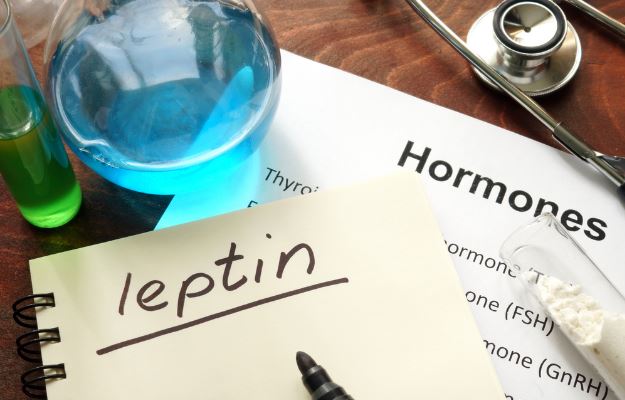Sugar is obviously great to taste, but sugar can be really bad for you—especially if it is consumed in high quantities.
If you have been heading to the kitchen for a midnight snack, cannot do without a sweet after meals or have a craving for sweets such as chocolates, candies, cakes or cookies at unusual hours of the day, you may be getting dependent on sugar. (Read more: What is prediabetes?)
Added sugars are all around us, as are occasions to indulge in them Celebrations such as birthdays, weddings or other such events are routinely marked by the ceremonial cutting of cakes and having disproportionate amounts of sweets. Children are often rewarded with sweets/desserts if they do well in school or perform a task you had asked them to do. Our daily beverages such as teas, coffees, packed fruit juices, etc., also contain sugar.
Whether what we have can be termed as sugar addiction may be debatable, but there is no doubt that there is a high dependence on sugar and sugary foods in our daily lives. While sugar is a source of energy, it is also a lot of empty calories that can ultimately harm the body.
According to a study published in the Journal of Opioid Management in 2011, eating sugar releases opioids and the hormone dopamine in the body, which is responsible for human behaviours such as motivation, and even addiction. Some studies performed on animals have also suggested that overconsumption of sugar-rich foods is comparable to—or can even surpass—cocaine addiction.
Previously, fat-rich foods and foods laden with carbohydrates were at the centre of the debate on unhealthy food choices—a high sugar diet isn't far from these discussions any more.
In an article published in the journal Nutrients in 2014, the authors wrote that India's per capita sugar consumption had been increasing for years, leading to the rise in conditions such as insulin resistance, type 2 diabetes and cardiovascular diseases.
However, recent developments, the availability of greater alternative choices and a more aware consumer has meant the per capita sugar consumption has started to reduce. Statistics from a 2019 report by the National Federation of Cooperative Sugar Factories showed that India's per capita sugar consumption had dropped by two kilograms, from 20.5 kg in 2014-15 to 18.5 kg in 2017-18. (Read more: Stevia benefits and side effects)
The World Health Organization (WHO) recommends that the intake of "free sugars" should constitute less than 10% of your daily calories, and has been doing so since 1989. Doing this can reduce the risk of abnormal weight gain, obesity and tooth decay.
But how does one determine when you are addicted to sugar or have become heavily dependent on it? The following are some warning signs you must become aware of in a bid to control your intake of sugar in the long run.










































